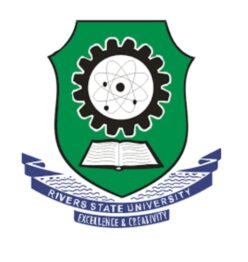WORDU Benjamin C.1, NWULU Chinyere Stella2, ADIELE Kenneth C. 3
1Department of supply chain and logistics management
Faculty of Administration and Management
Rivers State University Port Harcourt, Nigeria
benjamin.wordu@ust.edu.ng
2, 3 Department of marketing, Faculty of Administration and Management
Rivers State University Port Harcourt, Nigeria
chinyere.nwulu@ust.edu.ng; kenneth.adiele@ust.edu.ng
Abstract
This study explored the impact of logistics network design on cost reduction. The population of the study comprised State independent electoral commissions in South-South Nigeria. The study considers four dimensions of logistics network design (facility location, transportation mode, routing and scheduling, and technology integration) and analyzed their individual and collective impacts on cost reduction. The study was based on data collected from 90 representatives of the six (6) electoral commissions in the South-South Nigeria, using structured questionnaire and in a cross-sectional survey. The findings indicate that dimensions of logistics network design collectively have moderate significant impact on cost reduction.
However, individually, they have mixed impacts. While transportation mode and routing and scheduling exert significant impact on cost reduction; facility location and technology integration exert insignificant impact. Therefore, we conclude that with improved logistics network design, state independent electoral commissions in the south-south geopolitical zone can achieve higher operational performance in terms of cost reduction in line with the expectation of election stakeholders.
Keywords: Classical regression model, cost reduction, facility location, routing and scheduling, technology integration transportation mode, logistics network design.
